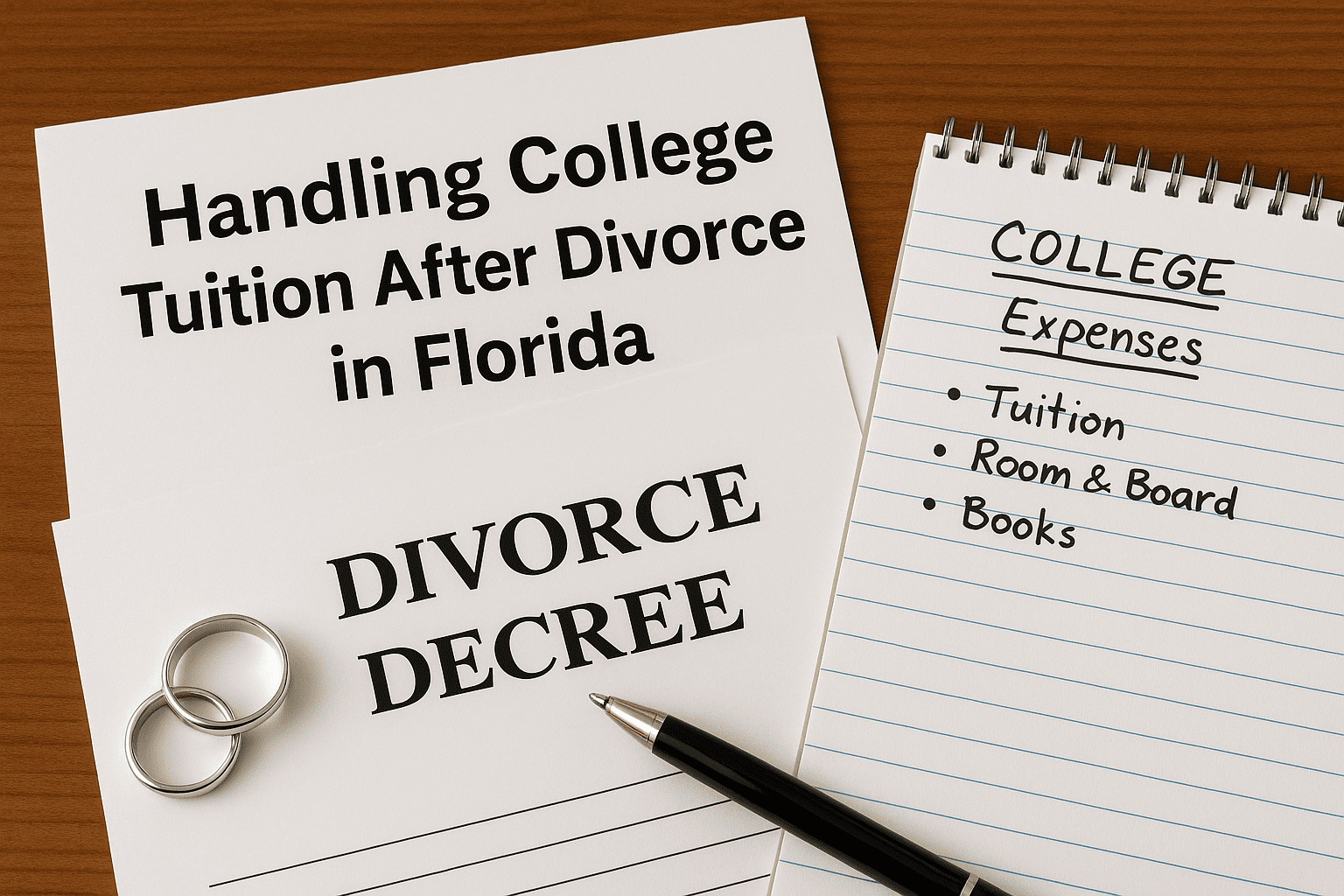How Florida’s New Wage Laws Could Impact Spousal Support
Understanding Florida’s Updated Wage Structure Florida’s wage landscape continues to shift as new employment regulations, and minimum wage adjustments go into effect. While Florida alimony does not impose a state income tax, changes in wage laws can influence how courts calculate financial resources in divorce cases. Because alimony is based on one spouse’s need and the other spouse’s ability to pay, updated wage rules may have an indirect—yet important—impact on spousal support outcomes. Couples preparing for divorce can learn more about the process here: https://gisondolaw.com/family-law/ Why Wage Changes Matter in Alimony Cases When a spouse requests support, the court evaluates actual net income, earning capacity, and...

































